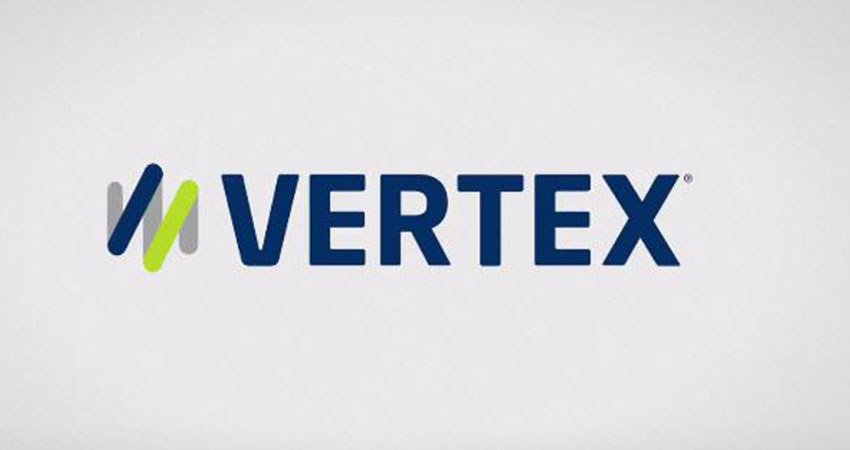Vertex, a provider of global indirect tax automation software, has acquired Irish payments and tax solution provider Taxamo for $200 million in an all-cash transaction, positioning it to address compliance with new European Union tax requirements impacting remote sellers going into effect July 1.
The EU is removing the exemption of low-value goods (below 22 Euros) from the imposition of value-added tax (VAT), making ecommerce merchants selling those goods liable for registering, calculating and paying the tax to the country into which an item is being sold.
David DeStefano, chairman and CEO of Vertex, said the drivers for the acquisition of Taxamo were the ability to accelerate Vertex’s growth in ecommerce and marketplaces, to expand its mid-market customer base in Europe and move into “a nice adjacency” in payments.
John McCarthy, CEO of Taxamo, will join Vertex’s executive team, leading its ecommerce and marketplace strategy. Taxamo will retain its branding for the time being but eventually be folded into Vertex.
“We had the good fortune of knowing their team for a few years,” DeStefano said. “We partnered on a couple of opportunities, and competed in a couple others. One thing we quickly realized was we had the exact same vision of how global commerce is being reshaped from the back office to the front office. We also have a shared idea of a people-oriented culture. It’s a model of success if you can have that kind of alignment.”
The EU expansion of VAT mirrors what has already taken place in Australia and is expected to go into effect in Canada this July, as this type of legislation continues to expand globally. The regulatory change imposes significant complexity on sellers. For instance, sellers are required to registered for VAT payment in any EU country into which they’re selling goods. But registration can be avoided if they utilize the EU’s Import One-Stop Shop (IOSS) for VAT registration across the EU.
Sellers and marketplaces can also can collect import VAT on consignments of up to 150 Euros, or have postal operators collect it through a special arrangement. Also, as of July 1, marketplaces can become the designated “deemed supplier” for third-party sellers, collecting, reporting and remitting VAT payments. This is similar to marketplace facilitator laws that have been enacted in 39 states in the wake of the Supreme Court’s 2018 Wayfair decision.
DeStefano said the July 1 changes are aimed at eliminating the so-called “VAT gap” between the valuation of transactions reported to the EU and paid to the local jurisdictions, and the actual valuations, estimated in the billions of Euros.
“Remote sellers doing business in the various jurisdictions have to deal with a new liability they’ve not had in the past,” DeStefano said. “For all those cross-border transactions, they have to face liability. This legislation in a large market creates significant complexity, so our cloud solution combined with Taxamo’s cloud solution fits well into the picture.”

